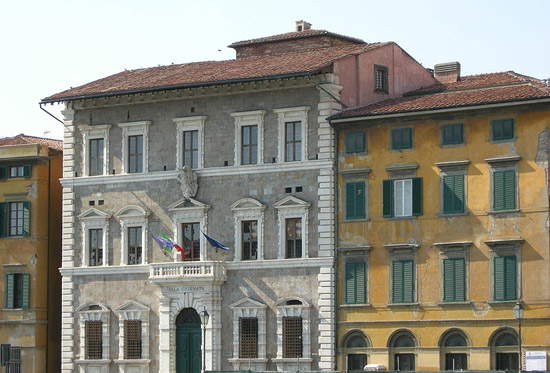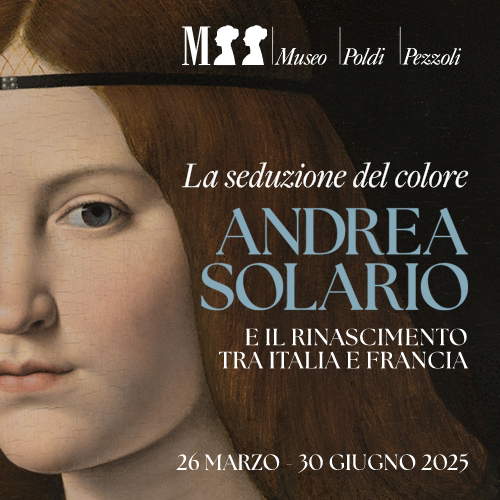Higher grades in public competitions according to home university: a discriminatory act
A lot of people have been talking about it: yesterday, the House Constitutional Affairs Committee met to discuss the Public Administration bill, and among the various amendments approved during the proceedings, there is one that has been much discussed. It is the one proposed by Marco Meloni of the PD. It concerns Article 13 of the bill, and it reads as follows:"In paragraph 1, after letter b), add the following: b-bis) overcoming the mere minimum degree grade as a requirement for access to competitions and the possibility of assessing it in relation to factors inherent to the institution that awarded it and the average grade of homogeneous classes of students, without prejudice to the possibility of indicating the achievement of the degree as a necessary requirement for admission to the competition.“ The article concerns the ”reorganization of the discipline of employment in public administrations": as is well known, public administrations are accessed through public competitions. The amendment, translated into Italian, means that, at the competition stage, if a bachelor’s degree is required, it will be possible to evaluate candidates’ grades according to the university of origin (“in relation to factors inherent to the institution that awarded it and to the average grade of homogeneous classes of students”).
Those who have been following us for a long time know how much we care about universities: because a strong academic fabric is indispensable for a nation’s progress. And then because we ourselves come from the university: so our readers will understand us if, for today, we avoid talking strictly about art on our site to discuss instead a topical news item that we feel, however, is very close (and which also concerns art anyway: art historians who work in state, regional and municipal superintendencies and museums are employees of the public administration).
One immediately comes to think of our Constitution: it will have several flaws, but it also has many merits. And one of these merits is written in Article 3: “all citizens have equal social dignity and are equal before the law,” and above all, “it is the duty of the Republic to remove obstacles of an economic and social order, which, by effectively limiting the freedom and equality of citizens, prevent the full development of the human person and the effective participation of all workers in the political, economic and social organization of the country.” It is therefore understood that the amendment proposed by Mr. Meloni, in addition to being blatantly discriminatory in that it will allow commissions to divide candidates into A and B students, is also unconstitutional because it is fully contrary to Article 3. Dividing students according to the university in which they studied is not removing an economic and social obstacle; on the contrary: the obstacle is added.
 |
| Palace at the Day, home of the rectorate of the University of Pisa. Photo distributed under Creative Commons license |
Not all students, unfortunately, have been fortunate enough to study at what are considered the best universities. Although there would be a long parenthesis to open on this chapter: by what criteria will any competitions be able to determine which are the best universities? The rankings that are published more and more frequently, hardly get along with each other, and are always based on weak criteria of dubious scientificity. Last year, Professor Giuseppe De Nicolao of the University of Pavia wrote in ROARS (one of the most serious and useful websites on academia) that “it is now well established how international rankings are a marketing tool, absolutely non-scientific rankings whose purpose is to influence theopinion of students and families on which are the best institutions in the world. According to criteria set by the ranking publisher.” There are no rankings of universities made with solid methodologies. Sure, maybe universities can look to the rankings as a tool to understand some of their shortcomings (and thus where they can improve), but can public administrations use them to decide the lives of who knows how many people? The answer, of course, is no.
But even assuming an improbable goodness of such rankings, would it be fair to discriminate against a student just because he or she did not have the financial means to move far from home and study at the top-ranked university, thus having to make do with the one closest to home, and which perhaps sails in the bottom ranks? Is it fair to discriminate against this student, who perhaps got his hundred and ten honestly and, when it comes to preparation, has nothing to envy from his colleague who came out of the “best university”? Do the politicians who are debating these issues perhaps realize the harm they may cause if this most shameful rule were to take effect? Not to mention the negative effect it could have on the universities themselves: students would be more inclined to go to the top universities in the ranking, and as a result the bottom ones would have to rely on increasingly scarce resources. And this would increase the gap between universities, triggering a dangerous spiral whose effects are easy to imagine.
Theonly criterion for evaluating a candidate in a competition should be merit. If a candidate has a solid background, it matters little where he studied and what grade he got. Examinations are made specifically to ascertain a candidate’s level of preparation and fulfillment of requirements: it is impossible to think of putting stakes by advantaging those who have studied at certain universities. That would be discriminatory. All candidates should play on a level playing field: the most deserving will then prevail. Which, however, has not always happened in Italy. Rather, we should find a way to clean up recommendations and patronage relationships. And certainly, this cleansing is not implemented by making distinctions about universities, on the contrary: it would probably be a way to strengthen what is currently rotten in our country’s public administration.
Warning: the translation into English of the original Italian article was created using automatic tools. We undertake to review all articles, but we do not guarantee the total absence of inaccuracies in the translation due to the program. You can find the original by clicking on the ITA button. If you find any mistake,please contact us.



























